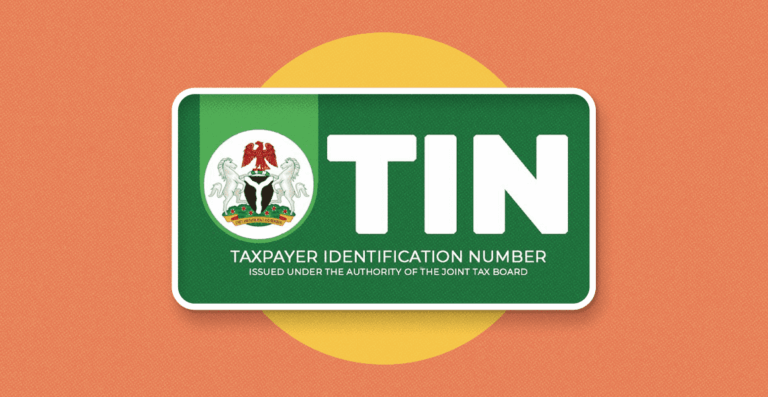Social media has recently been awash with claims that Nigerians without a Tax Identification Number (TIN) will lose access to their bank accounts from January 1, 2026. A viral story even suggested that Mama Ngozi, a tomato seller at Ajah Market in Lagos, had been warned by her bank that her account would be blocked without a TIN.
The rumour sparked widespread anxiety, but official clarifications now show the situation is far more nuanced.
What exactly is a TIN?
A TIN is a 13-digit identifier issued by the Federal Inland Revenue Service (FIRS) and the Joint Tax Board (JTB). It links to an individual’s National Identification Number (NIN) or, in the case of companies, their Corporate Affairs Commission (CAC) registration. The number is meant to streamline Nigeria’s tax database, making it easier to track taxable income.
Who really needs a TIN?
According to the Presidential Fiscal Policy and Tax Reforms Committee, only people and businesses that earn taxable income are legally required to have a TIN. Individuals with no taxable income are exempt.
Banks and financial institutions will request TINs from taxable persons, but non-taxable individuals will not be forced to obtain one. People who already have a TIN do not need to reapply.
In practice, this means:
-
Taxable persons (salary earners, business owners, corporate entities) must have a TIN.
-
Non-taxable persons (e.g., those without taxable income) are not required to register.
Will bank accounts be blocked?
The JTB has dismissed the fears. Its spokesperson, Mr. Akpe Adoh, stressed that Nigerians will continue to access and operate their bank accounts beyond January 1, 2026. The plan, he explained, is to integrate tax data automatically:
-
Individuals with NINs will get a TIN assigned.
-
Registered businesses will have their CAC numbers linked to tax IDs.
This harmonised system is designed to reduce stress for account holders, not cut them off from financial services.
Why the reform matters
Tax experts argue the reform isn’t about penalising ordinary Nigerians but about creating a comprehensive tax database. As analyst John Nwokolo noted:
“It’s not that everybody with a bank account must be taxed. Linking TINs to accounts is about building a national tax system. Only those who earn taxable income will pay.”
Nigeria’s new tax laws
The reforms come under four legislations signed by President Bola Tinubu in June 2025:
-
Nigeria Tax Act 2025
-
Nigeria Tax Administration Act 2025
-
Nigeria Revenue Service (Establishment) Act 2025
-
Joint Revenue Board (Establishment) Act 2025
Highlights include:
-
Exemptions: Small businesses with turnover under ₦100m or assets below ₦250m are tax-free.
-
Corporate tax rate: May drop from 30% to 25% for large firms at presidential discretion.
-
Priority projects: Eligible sectors get a 5% annual tax credit.
-
Multinationals: New “top-up tax” thresholds set at ₦50bn (local) and €750m (foreign).
-
FX transactions: Companies trading in foreign currency may settle taxes in naira at official rates.
The bigger picture
Only about 30% of Nigerians currently pay tax, yet expectations for government services remain high. The 2026 reforms aim to broaden participation fairly while preventing disruption to banking or day-to-day life.
For everyday Nigerians like Mama Ngozi, the message is clear: having a bank account does not automatically mean you will be taxed. If you don’t earn taxable income, you don’t need a TIN.

